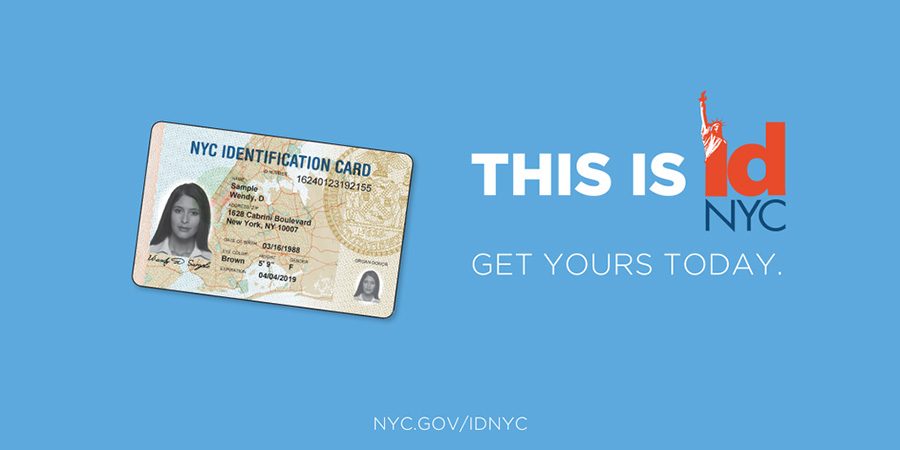New program to provide photo IDs
January 26, 2015
In an attempt to provide all residents of the city access to a government-issued photo ID, New York City launched IDNYC, a free municipal ID program. The program, approved in July of last year, is aimed primarily at undocumented immigrants, the elderly, the homeless and others who may find it difficult to obtain identification.
IDNYC will be accepted by the city for access to public buildings and by the NYPD for issuing summons and tickets. In addition, cardholders will be offered various benefits with their ID, including prescription and entertainment discounts, library access, the ability to open a bank account and a free one-year membership to many of the city’s institutions.
Thanu Yakupitiyage, communications director of the New York Immigration Coalition, said the new IDs will improve the lives of many New Yorkers.
“It’s more than just having an ID, it’s a symbolic marker of being a New Yorker,” Yakupitiyage said. “From the amount of people, we see it’s really a need and people are very excited to get their IDs. It changes what’s possible for the undocumented family.”
Cardholders cannot use their ID to purchase tobacco or alcohol, receive public assistance benefits, fly on a plane or in place of a driver’s license.
City residents can obtain a card as long as they are at least 14 years old and can provide proof of identity and residency. The service is free for the rest of the 2015, but is likely to require a fee in the future.
CAS sophomore and NYU Dream Team member Monica Millay recognized the progress made by IDNYC, but also expressed some concerns about the program.
“Although I acknowledge that the creation of a city ID is a great leap forward for undocumented New Yorkers,” Millay said. “I also wish to express my doubts about how accessible the ID may actually be. Requiring three non-expired forms of identification, in my mind, may ultimately end up excluding the most vulnerable populations of undocumented New Yorkers.”
Another Dream Team member, Steinhardt sophomore Tiffany Rodriguez, added that while the program may not be perfect, it still offers help to the undocumented community. Rodriguez is worried about the possibility of exploitation, fraud and the stigmatization of cardholders, however.
“For now, let’s use this public service as a model for the rest of the country,” Rodriguez said. “Fix the kinks, shorten the lines and make the application process simpler so that broader reforms of the immigration process can be implemented before the federal government takes any larger steps regarding this community. We need to make sure this smaller program is efficient and successful.”
A version of this article appeared in the Monday, Jan. 26 print edition. Email Jimmy Chin at [email protected].























































































































































